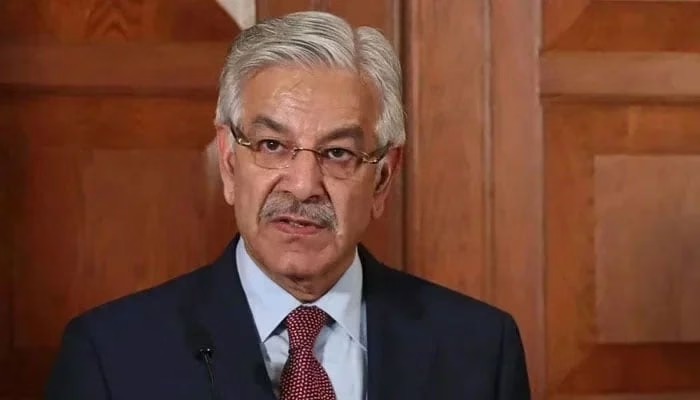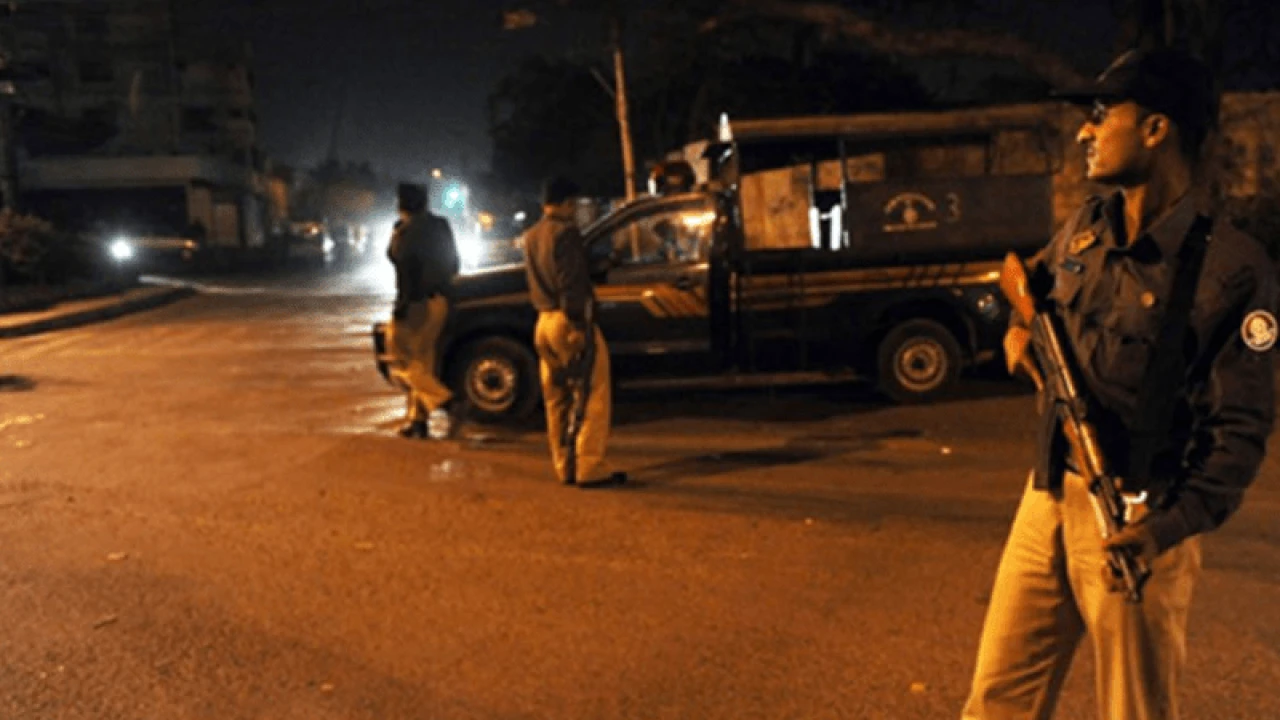Pakistan’s Defence Minister Khawaja Asif has strongly rejected recent Operation Sindoor claims made by the Indian Air Force (IAF) chief, describing them as “implausible” and “ill-timed.” His remarks come amid renewed tensions between the two nuclear-armed neighbours, with both countries presenting sharply different accounts of the May clashes.
India’s Allegations During Operation Sindoor
IAF Air Chief Marshal AP Singh recently claimed that India had shot down five Pakistani fighter jets and another military aircraft during Operation Sindoor in May. According to him, most of the Pakistani aircraft were destroyed using India’s Russian-made S-400 surface-to-air missile system, with electronic tracking data allegedly confirming the strikes.
Singh also claimed that a large aircraft — possibly a surveillance plane — was downed at a distance of 300 km. He described the incident as the largest ever recorded surface-to-air kill, drawing applause from officers, veterans, and government officials present.
Pakistan’s Response: Not a Single Pakistani Aircraft Hit
Khawaja Asif dismissed these Operation Sindoor claims, pointing out that no such allegations were made by India in the three months immediately following the clashes. He reminded that Pakistan had promptly provided detailed technical briefings to the international media at the time. Independent observers, he added, acknowledged the loss of multiple Indian aircraft, including Rafales.
The Defence Minister reiterated that not a single Pakistani aircraft was destroyed during the operation. Instead, Pakistan claims it downed six Indian jets, destroyed S-400 air defence batteries, and neutralised unmanned aircraft. Several Indian airbases were also reportedly put out of action.
Conflicting Narratives on Aircraft Losses
The May 7–10 clashes were among the most intense military confrontations between India and Pakistan in recent years. Islamabad insists its air force, which mainly flies Chinese-made jets and U.S. F-16s, inflicted significant damage on the Indian Air Force.
Pakistan’s version partially aligns with a statement by France’s air chief, General Jerome Bellanger, who said he had seen evidence of the loss of three Indian fighters, including a Rafale. India acknowledges some losses but denies losing six aircraft. The IAF has not commented on France’s assessment.
The Call for Independent Verification
Rejecting the Operation Sindoor claims, Asif challenged India to allow independent verification of both countries’ aircraft inventories. He suggested that such transparency would expose the truth and questioned whether India would agree to such scrutiny.
If the truth is in question, let both sides open their aircraft inventories to independent verification, he said, suggesting India’s reluctance would reveal the reality behind its claims.
Risks of Political Narratives in a Nuclearised Region
Asif warned that wars are not won by falsehoods but through moral authority, national resolve, and professional competence. He cautioned that exaggerated narratives used for domestic political gain could lead to dangerous strategic miscalculations in a nuclearised South Asia.
He highlighted that Pakistan’s actions during Operation Bunyanum Marsoos demonstrated its ability to defend its sovereignty. Any future violations, he warned, would be met with a swift and proportionate response.
Strategic Implications for South Asia
Experts note that such conflicting narratives can deepen mistrust between India and Pakistan, already strained due to territorial disputes and a history of military engagements. According to SIPRI’s 2024 report, both countries account for nearly three percent of global military spending and continue to invest in advanced weapons systems, including missile defences and next-generation fighter jets. This arms race, combined with contested claims like those from Operation Sindoor, increases the complexity of peace efforts.
The Need for Facts Over Rhetoric
The Operation Sindoor claims highlight the enduring mistrust between India and Pakistan. Without independent verification, it remains difficult to confirm either side’s version of events. Khawaja Asif’s firm dismissal underscores Pakistan’s position that its air force suffered no losses in May, while India bore the brunt of the damage.
Whether these statements can withstand independent scrutiny is uncertain, but the episode serves as a reminder of the importance of transparency, diplomacy, and caution in a region where political rhetoric can have serious consequences.



